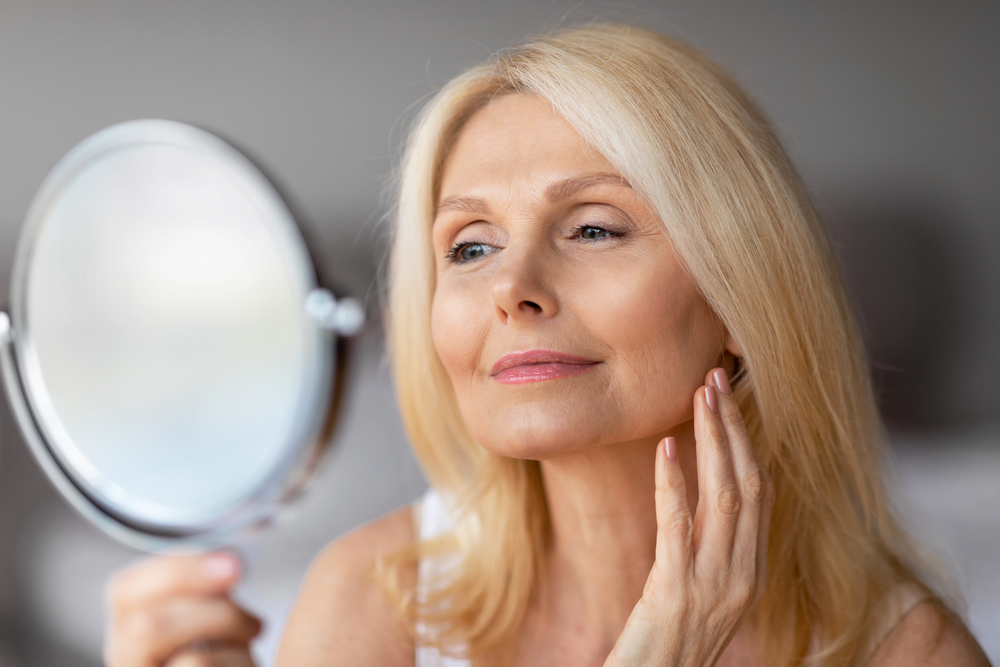Everything is fast-paced and pressured nowadays. The demands of daily life often overwhelm us, making the pursuit of optimal mental and physical health all the more elusive. So elusive is the pursuit that the World Bank reports that approximately one million individuals are facing substantial mental health challenges.
Achieving a harmonious balance between these two aspects of your wellness will improve your overall quality of life. Holistic wellness is an intriguing concept, meaning different things to different people, depending on your circumstances. What wellness looks and feels like in one part of the world could be very different in another part of the world. Nonetheless, hard and fast physical and mental health facts cut across the human dynamic, and here are just three.
1. Self-Care is Not A Myth
The phrases ‘self-care’ and ‘self-love’ have become popular. They’re now acceptable expressions of kindness and care to oneself, and they carry as much weight as caring and showing kindness to others. Caring for yourself is crucial for your physical and mental health. Engaging in activities and habits that nurture and prioritize your well-being requires effort and intentionality. Try journaling, spending time in nature, sleeping well, living in a healthy environment, respecting your boundaries in relationships, using words to affirm your value and worth, going to the gym, reading, meditating, having a hobby, maintaining healthy eating habits, and making time for mindfulness. Practicing these self-care activities as part of your routine will help you manage the pressures of life, improve your emotional resilience, foster a positive mindset, and operate at your best.
2. Your Body and Mind are Interconnected
You tend to feel down when your body is ill. Your body’s health results from diet, exercise, environmental conditions, and mental health. If you live in a cluttered, dusty, unkempt environment for a long time, your mind and body will respond negatively. You’ll feel depressed and demotivated, exposing the body to unexplained pain, disease, and allergies. The National Center for Healthy Housing explains that carpets gather dust and dirt, with accumulation ranging from 5 to 25 grams per square meter, depending on other factors such as material type, how often it’s cleaned, and where in the home it’s placed. When you practice awareness, you’ll realize that your mind and body are affected by factors in your environment that may have nothing to do with your well-being.
Your mind and body play a complementary role, and your overall well-being will improve as you care for each one. To keep your body pristine, hydrate and exercise regularly, follow a healthy diet rich in nutrients, care for your environment, and prioritize quality sleep. To strengthen your mind, find time to read, meditate, talk to someone when you feel overwhelmed, practice healthy coping mechanisms, guard your peace, and try your best to be optimistic about life.
3. You Can’t Do It Alone
Since optimal health is a state of being as opposed to simply the absence of disease, handling all aspects of your physical and mental health can get complicated. That’s why doctors, nutritionists, acupuncturists, massage therapists, psychiatrists, life coaches, and psychologists exist. Therefore, there’s no reason you should walk alone. There’s professional help whenever you need it. They are all trained to provide guidance, support, and evidence-based interventions to address your health concerns and quickly get you back on track. Sometimes, you may need the services of more than one of these professionals, and that’s okay.
What about stigma? Some nasty folks are out there, but they are in the minority. In any case, there’s encouraging progress in mental health. People are coming out to share the benefits they’re enjoying due to better mental and physical health. For example, Verywell Health highlights that couples who participate in premarital counseling have a 30% higher probability of sustaining their marriage than those who don’t. So, if you’re facing a life challenge affecting your mental and physical well-being, ask for help.
To get to a place of balance, recognize the intricate play between your physical and mental health. Regardless of age, race, or stage in life, self-care principles and seeking professional help apply to everyone. There should be no shame in taking better care of yourself.






